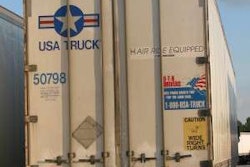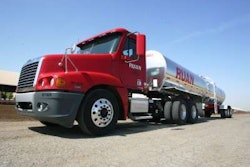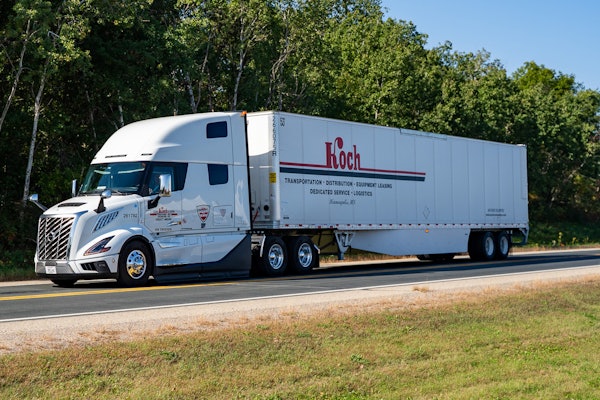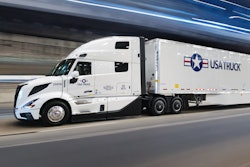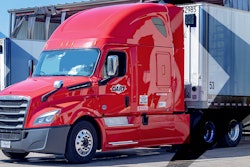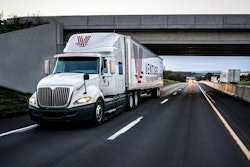Congress granted Maine and Vermont authority in the omnibus spending legislation to conduct one-year pilot programs to try out heavier commercial vehicles on interstate highways in those states. The final $1.1 trillion funding bill also requires the U.S. Department of Transportation to submit a report on the safety and security of transportation into the United States by Mexico-domiciled motor carriers, as well as reports on the government’s efforts to conduct audits of high-risk motor carriers.
The approval of a pilot program on truck weights follows a report issued in November by the American Transportation Research Institute – the research arm of the American Trucking Associations – analyzing the potential energy and emissions benefits of expanding the federal gross vehicle weight exemption to additional portions of the Maine interstate system. As part of TEA-21, the Maine Turnpike and a portion of Interstate 95 in Kittery were provided an exemption from the federal weight limit.
Using simulation modeling, the analysis found that traveling a slightly longer route with higher average speeds resulted in less fuel consumed and fewer emissions than traveling on a route with lower average speeds, numerous speed limit changes and traffic signals.
In comparing the operation of a vehicle with a GVW of 100,000 pounds over two different routes – an interstate route versus a state highway route – trip-specific fuel efficiency improvements, measured in miles per gallon, of 14 to 21 percent were identified when traveling over the interstate route. Trip-specific emissions also were estimated to decrease by 6 to 11 percent for CO2 and 3 to 8 percent for PM and NOx + NMHC over this route.
For more information on the research, go to www.atri-online.org.

